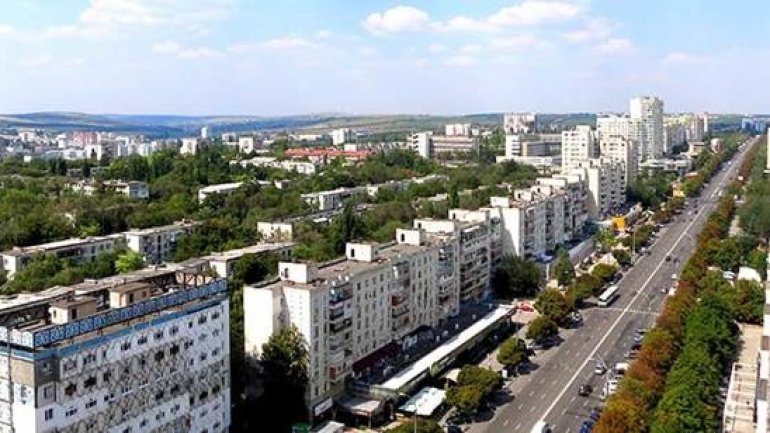Make Chisinau greener: EBRD's first project under new Green Cities framework
 foto: EBRD
foto: EBRD
The European Bank for Reconstruction and Development (EBRD) is providing a €10 million loan to Moldova’s capital Chisinau to improve the energy efficiency of its public buildings, according to its official website. This is the first transaction under the EBRD’s new Green Cities Framework which supports governments, municipalities, municipal-owned and private companies to address environmental challenges in urban areas.
Cities face many environmental issues, ranging from local air quality concerns, traffic congestion and limited land resources to pressure on water resources and the challenges associated with municipal solid waste. According to the International Energy Agency (IEA), around two thirds of energy use occurs within urban systems.
In Chisinau, municipal buildings such as kindergartens, schools and hospitals represent a source for considerable energy efficiency.
EBRD funds will finance the renovation of over 100 buildings. According to the Bank’s estimations, investments in insulation and efficiency of building service equipment such as heating, ventilation and air conditioning systems can achieve energy savings of up to 50 per cent.
Refurbishment of public buildings is expected to be supported by a €10 million loan from the European Investment Bank and a €5 million investment grant from the E5P Fund, a multi-donor fund pooling contributions from the European Union, as the largest contributor, and 12 countries to provide grant financing alongside loans from international financial institutions, including the EBRD, to help municipal authorities invest in projects improving energy efficiency and the environment.
The financing package follows the adoption of the Law on Energy Performance of Buildings. Developed together with the EBRD, the law entered into force last year and defines, in line with EU directives, basic conditions and obligations for energy efficiency in buildings and outlines a set of instruments and timeframe for its implementation.
Lin O'Grady, EBRD Deputy Director for Municipal and Environmental Infrastructure, said: “Chisinau is often called a green city due to its many beautiful parks. Our goal is to make Chisinau greener – more environmentally-friendly. This project represents an important milestone for the EBRD’s municipal business, given that it is the first project signed under our Green Cities Framework. We expect that many more such projects will follow.”
As part of the project, the EBRD, with grant funding from the government of Austria, will support the municipality of Chisinau to develop a Green City Action Plan to identify, prioritise and address environmental challenges.
The Bank will also promote greater involvement of the private sector in designing and implementing energy-saving projects through energy performance contracts, financing instruments specially developed to encourage private investment in energy efficiency improvements.
The EBRD is the largest institutional investor in Moldova with over €1.1 billion of cumulative investment in over 110 projects in agribusiness, energy, the financial sector, infrastructure and manufacturing.
Business
- Moldovan entrepreneurs to receive support in form of credit line from Hungary
- IMF says board to consider Moldova loan on November 7, 2016
- IMF Executive Board Approves US$178.7 million for the Republic of Moldova
- Pavel Filip demands proper implementation of Chisinau-Ungheni road rehabilitation
- Buckingham Palace to get £369 million renovation
- European Investment Bank to disburse EUR50 mn for Moldova's railway infrastructure